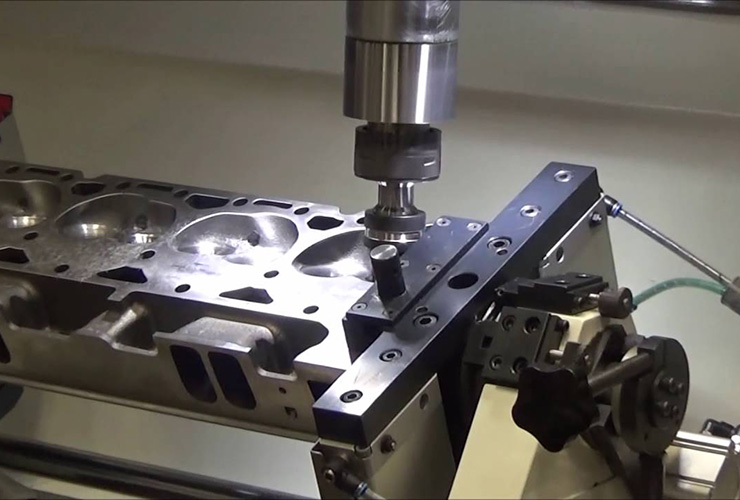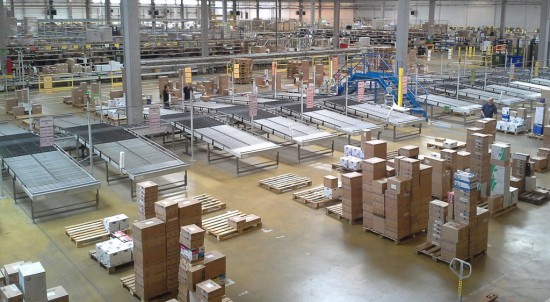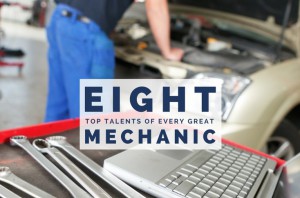CNC Machining for Automotive Applications
In recent years, advances in design, robotics, and manufacturing processes have led to significant increases in the automation of automotive production. These same technologies have also led to improvements in vehicle design and performance. CNC Machining is one technology that is playing an important role in the transformation of auto making.
CNC Machining is a computer-controlled manufacturing process capable of producing highly precise parts from metals and plastics. The process begins by converting a digital model of a part into machine instructions. The instructions are then sent to a CNC machine, where the appropriate tools (such as mills, drills, lathes and more) cut away from a block of raw material until a final part is achieved. CNC machines come in a variety of configurations, such as 3-axis and 5-axis, which enable variable degrees of complexity.
Advantages of CNC Machining for Automotive Applications
In the automotive industry, CNC Machining has been enthusiastically adopted, as manufacturers across the globe seek to benefit from the process’ many perks, including speed, automation, repeatability and more.
Production speed
For medium to high production volumes, CNC Machining offers rapid production times compared to traditional machining. This is largely because of its automated nature, which eliminates the need for lengthy and labor-intensive manual machining. Some steps can be taken in the production planning process to speed up and optimize the machine’s run time, including material choice and part tolerances.
Automation
Automation is in itself an advantage of CNC Machining. Not only does it allow faster production times compared to manual processes, but it also makes the automotive manufacturing process more streamlined. If a part is sent to be manufactured on a CNC Machine and robotic arms can assist in the removal of the part once it is done, workers can dedicate more time to design and innovation tasks.
Repeatability
As a computer-controlled process, CNC Machining also brings with it a guarantee of repeatability—a crucial element in any industrial-grade production setting. In the automotive industry, ensuring that parts are consistent from batch to batch, so that each car rolled out is up to the same standard, is vital.
Precision
In line with repeatability, CNC Machining is capable of achieving tight tolerances for parts that demand it—though costs can be reduced if tolerances are more lenient. For automotive applications especially, CNC Machining can meet the required tolerances for the engine and other functional components. The process is also capable of producing complex parts for vehicles.
Customization
Though it is perhaps not as well suited to customization as additive manufacturing, CNC Machining can be used in the automotive sector to produce customized parts with short lead times—either as one-offs or in small production volumes.
Prototyping Applications
CNC Machining can be used in the automotive industry for both prototyping and production applications. In the latter category, the process offers the benefit of producing high quality, functional prototypes, which can be tested and validated before going into production.
Because of the wide variety of materials compatible with CNC Machining, the process can be used to produce all manner of prototypes for vehicles, including metal or plastic parts for under the hood applications or to showcase design features for car interiors. Lighting components such as headlight covers, for instance, can be rapidly prototyped using CNC Machining and clear acrylic materials.
In the development of new car models, CNC Machining can also be used to rapidly produce high-quality functional prototypes for testing performance.
Production Applications
Interior panels
Interior vehicle components such as the dashboard panel can be manufactured using CNC Machining, which has the necessary precision for milling a dashboard frame from a block of raw plastic material and ensuring that the cutouts for the speedometer, gas gauge and indicator lights align perfectly when installed.
Starter motors
Though many metal automotive components are still produced using casting processes—which are well suited to mass production—car manufacturers are still finding uses for CNC Machined metal. Complex parts such as starter motors, for instance, can be produced using CNC Machining. The precision and complexity of the process allow for these types of parts to be optimized and improved in terms of performance, durability, and reliability.
Cylinder heads
In the automotive and motorsport industries, CNC Machining is also regularly used in the production of engine blocks and cylinder heads, which cover the cylinder in an internal combustion engine. The technology is particularly useful for limited runs or customized engine models. These components are typically made from a solid block of aluminum, which is an easy metal to machine. Other powertrain components, such as alternator housings, brake system valves, and fuel pump systems can also be produced using CNC Machining.

Drive axles
In a car, the drive axle is made up of two half axles which are each connected to a wheel by a constant velocity joints. The critical part enables the wheel assembly to move freely vertically and to pivot when the car is turning. Certain parts in the drive axle mechanism, such as the hypoid hears and bevel gears can be produced using CNC Machining.
Gearboxes
The gearbox is the second stage in a vehicle’s transmission system and is made up of various shaft and gear components. These parts can be produced with CNC Machining, which offers high precision and good efficiency. Even parts of the gearbox that are cast can then be finished using CNC milling and drilling tools.
Custom parts
CNC Machining can also be employed by OEMs for the production of customized components or rare replacement parts. In the restoration of vintage cars, computer-controlled processes such as CNC Machining and 3D printing can be used in combination with reverse engineering practices to create one-off parts that might otherwise be obsolete.
RapidDirect CNC Machining Services
At RapidDirect, we offer several CNC Machining capabilities, including three, four and five-axis machines as well as a broad range of materials, such as aluminum alloys, steel, titanium, plastics and more. Leveraging our CNC Machining expertise and vast manufacturing network, we can deliver automotive components in as little as three days for our customers. Our manufacturing network and in-house equipment allow us to fulfill all manner of part orders, from single run prototypes to large volume manufacturing.Reader Comments





